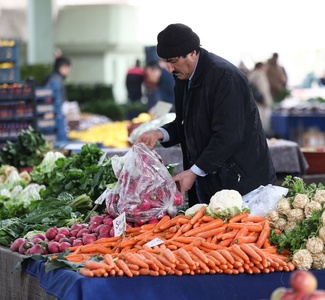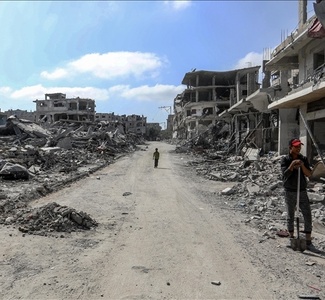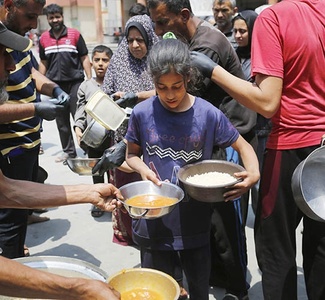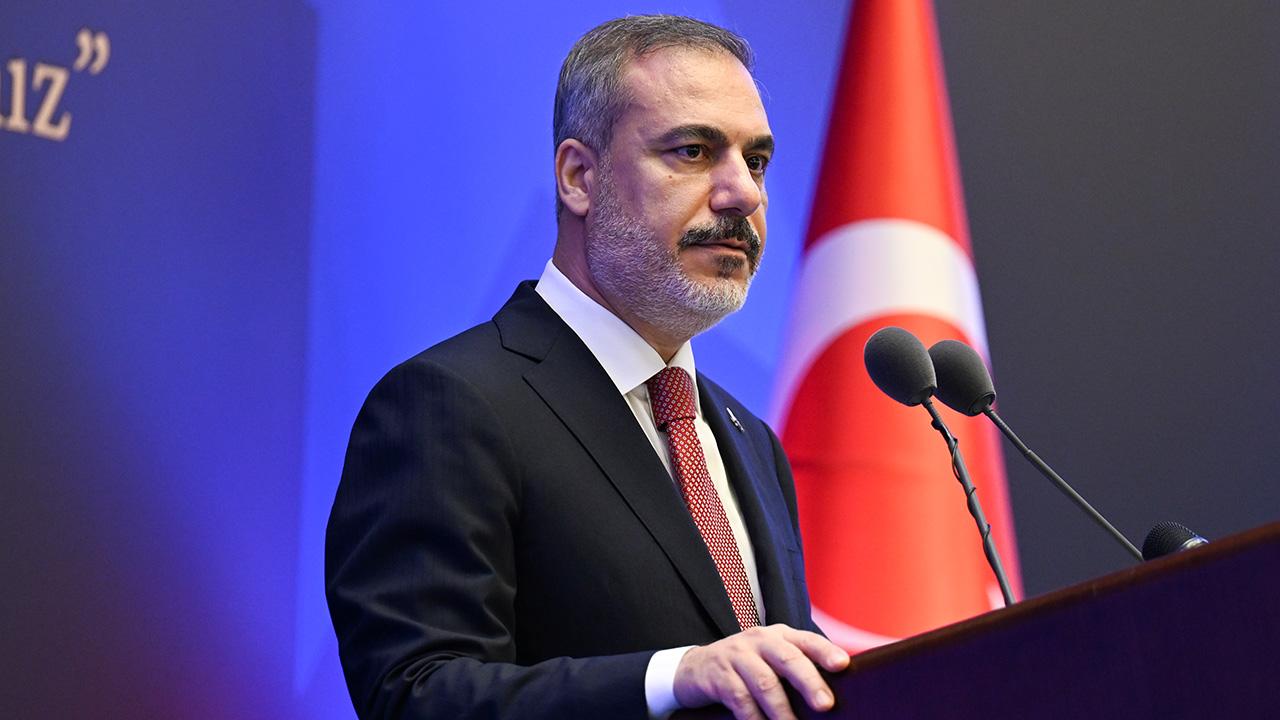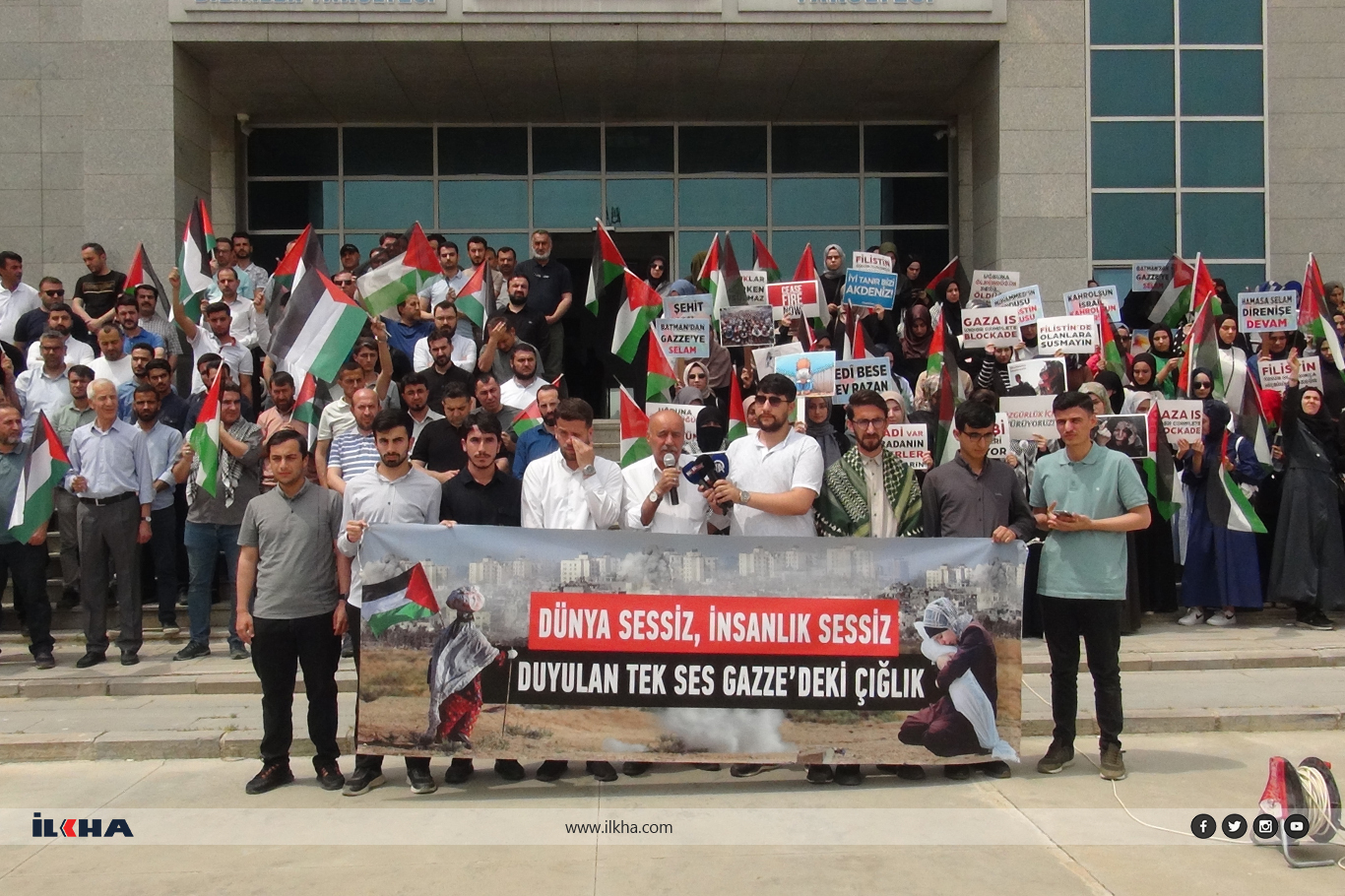UN agencies warn of looming food crisis in West and Central Africa
United Nations agencies have issued a stark warning, stating that nearly 55 million people in West and Central Africa will face food insecurity in the coming months due to soaring prices and economic challenges.
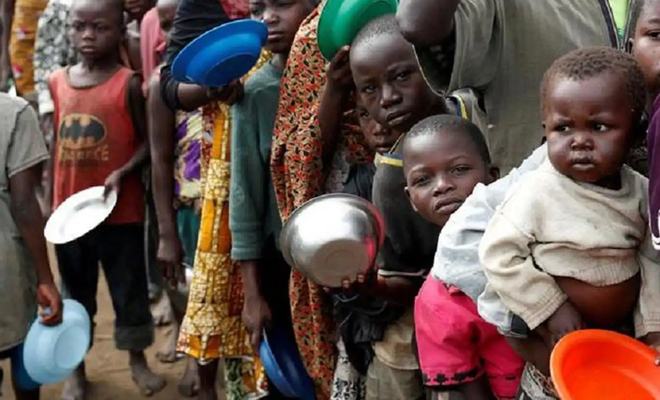
 Google News'te Doğruhaber'e abone olun.
Google News'te Doğruhaber'e abone olun. A joint statement by the World Food Programme (WFP), UNICEF, and the Food and Agriculture Organization (FAO) paints a grim picture, with nearly 55 million people projected to face severe hunger during the upcoming lean season, a period typically marked by food scarcity.
While the region is no stranger to conflict, the UN agencies emphasize that economic factors are a major driver of the current crisis. Double-digit inflation is eroding purchasing power, making it increasingly difficult for families to afford food staples. Stagnant local food production further exacerbates the situation, forcing reliance on often more expensive imports.
The UN identifies Nigeria, Ghana, Sierra Leone, and Mali as countries teetering on the brink of famine. Staple grain prices across the region have skyrocketed, with some areas experiencing increases exceeding 100% compared to the five-year average. This surge in food costs pushes essential dietary needs out of reach for millions.
The situation is particularly alarming in northern Mali, where the UN estimates that approximately 2,600 people are at risk of experiencing catastrophic hunger, the most severe level on the hunger scale. This classification indicates a situation where immediate intervention is needed to prevent widespread starvation and death.
The UN agencies are urging the international community to take immediate action to prevent this crisis from spiraling out of control. WFP's acting regional director for West Africa, Margot Vandervelden, emphasizes the critical need for increased support. This includes providing emergency food assistance to those facing hunger in the short term, while also investing in long-term solutions to build resilience and strengthen local food production systems.
The food crisis is having a devastating impact on children, with malnutrition rates reaching "alarmingly high" levels. The UN reports that a staggering eight out of ten children aged between six and 23 months are not consuming the minimum amount of food necessary for healthy growth and development. This lack of essential nutrients can lead to stunted growth, weakened immune systems, and increased vulnerability to disease.
The looming famine in West and Central Africa highlights the complex interplay of conflict, economic instability, and climate change that can contribute to food insecurity. Addressing this crisis requires a multifaceted response that combines immediate humanitarian aid with long-term investments in agricultural development, economic diversification, and conflict resolution. (ILKHA)
































